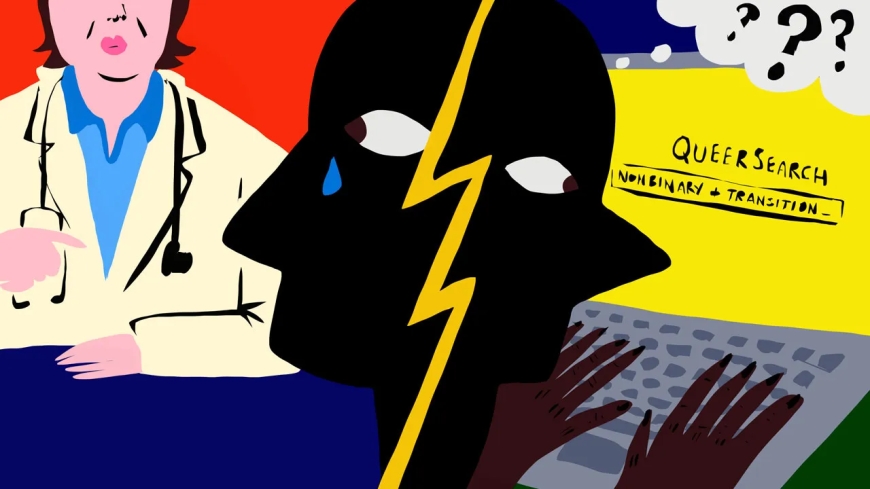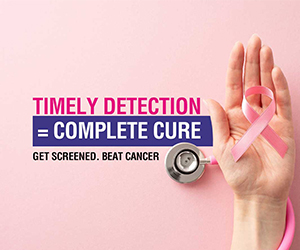Navigating Healthcare as a Non-Binary Individual
A comprehensive guide on navigating healthcare as a non-binary individual. Learn about common challenges, how to advocate for yourself, and tips for finding inclusive and respectful healthcare providers.

Navigating Healthcare as a Non-Binary Individual
Healthcare access and quality are essential for everyone, yet non-binary individuals often face unique challenges when seeking medical care. Non-binary people, whose gender identity falls outside the traditional categories of male and female, may encounter misunderstandings, discrimination, or lack of appropriate care in healthcare settings. This guide explores the realities of navigating healthcare as a non-binary individual and provides practical advice on advocating for respectful, inclusive treatment.
Understanding Non-Binary Identities in Healthcare
Non-binary identities encompass a wide range of gender experiences, including those who identify as genderqueer, genderfluid, agender, and others. Unfortunately, many healthcare systems remain structured around a strict male/female binary, which can create barriers for non-binary patients. Electronic health records, intake forms, and provider assumptions often fail to acknowledge or respect non-binary identities, leading to discomfort and inadequate care.
Common Challenges Faced by Non-Binary Patients
Non-binary individuals may face misgendering, lack of knowledgeable providers, and difficulty accessing gender-affirming care. They might also experience anxiety about disclosing their gender identity due to fear of stigma or discrimination. These issues can lead to delays in seeking care or avoidance of healthcare altogether, negatively impacting overall health.
Advocating for Yourself in Healthcare Settings
Advocacy is an important skill for non-binary individuals navigating healthcare. Preparing for appointments by researching providers who specialize in LGBTQ+ health, bringing a trusted support person, and clearly communicating your needs and pronouns can improve the experience. Don’t hesitate to correct misgendering and ask for respectful treatment.
Finding Inclusive and Competent Providers
Searching for healthcare providers who are knowledgeable about non-binary identities is vital. Many communities have LGBTQ+ clinics or resources to help locate affirming doctors, therapists, and specialists. Online directories and support groups can also be valuable tools for finding compassionate care.
Gender-Affirming Medical Care for Non-Binary People
Not all non-binary people seek medical transition, but for those who do, options may include hormone therapy, surgeries, or other treatments tailored to their goals. It is important to work with healthcare providers who respect your identity and support your choices without forcing binary expectations.
Legal and Insurance Considerations
Insurance coverage and legal recognition can be complicated for non-binary individuals. Some policies exclude gender-affirming care or require gender marker changes that don’t align with non-binary identities. Knowing your rights and available resources can help navigate these challenges.
Mental Health and Emotional Support
Mental health support is crucial for many non-binary people, who may experience minority stress, discrimination, or internalized stigma. Accessing therapists and counselors familiar with gender diversity can improve emotional well-being and resilience.
Creating a Positive Healthcare Experience
Building a positive healthcare experience as a non-binary individual involves both provider education and patient empowerment. Healthcare professionals should receive training in gender diversity and cultural competence, while patients can use advocacy, support networks, and informed decision-making to ensure their needs are met.
Conclusion
Navigating healthcare as a non-binary person can be challenging but also empowering. By understanding common barriers and learning how to advocate effectively, non-binary individuals can access respectful, inclusive, and affirming care. Creating a healthcare environment that embraces all gender identities benefits everyone and promotes overall health equity.











